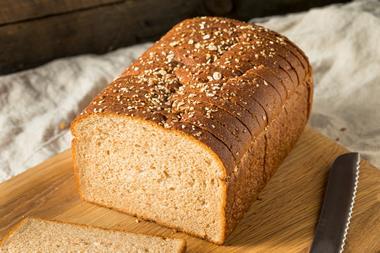Research in America has suggested that the consumption of things like sugary foods and white bread are linked with an increased risk of depression in women.
The observational study was carried out with a group of post-menopausal women, and concluded that a high Glycaemic Index (GI) diet increased the risk of depression in postmenopausal women by 22%. It was published by The American Journal of Clinical Nutrition.
Hi-GI foods are recognised by the NHS as “carbohydrate foods that are broken down quickly by your body and cause a rapid increase in blood glucose”.
Researchers analysed data from more than 90,000 postmenopausal women who participated in the National Institute of Health’s Women’s Health Initiative Observational Study between 1994 and 1998. It then tracked their health over an average of eight years.
It examined the levels of depression reported, the types of carbohydrates consumed, the GI rank and the glycaemic load.
The study also concluded that further research should be done to see if a low-GI diet could serve as a treatment or primary preventive measure for post-menopausal women suffering from depression.
Despite these results, a Behind the Headlines blog by NHS Choices said: "While the research did find a significant link between symptoms of depression and high dietary glycaemic index (GI) and glycaemic load, it can’t prove an inevitable cause and effect. The study also found that depression symptoms were particularly high in women who were less physically active, had a higher BMI, consumed more fatty foods, and less fruit and vegetables."
































No comments yet